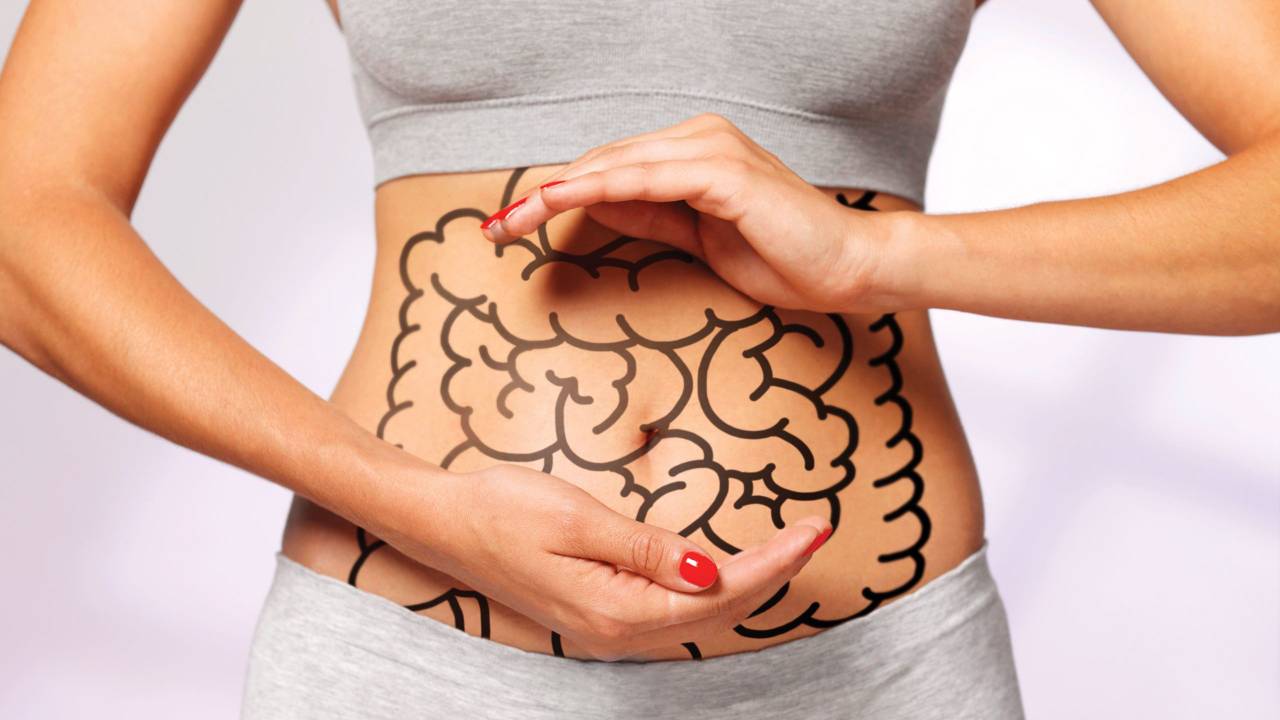
Hormones are chemical messengers that coordinate different functions in your body including metabolism, sleep, reproduction and our mood. The play a huge role in our overall health hence when they become imbalanced we can experience many different symptoms
Some common signs and symptoms of a hormonal imbalance are as follows:
- UNEXPLAINED weight gain
- Fatigue
- Large swings in mood
- Muscle weakness
- Increased hunger
- Dry skin
- Dull hair (thinning hair too)
- Decreased sex drive
- Constipation, irregular bowels
As always if you suspect you may be experiencing a hormonal imbalance it is recommended to go see your GP or Doctor to get bloodwork done to confirm this.
It’s becoming very common to speak about hormones as one blanket term when in reality there are over 50 hormones in a human body.
So knowing which one(s) are imbalanced is VERY important to understanding how to treat and get them regulated again
Why can our hormones become imbalanced?
There are many different reasons why our hormones can become imbalanced, again depending which ones specifically are impacted
Common reasons
- Stress
- Medications
- Injury or trauma
- Eating disorders
- Prolonged poor sleep
- Prolonged excessive dieting
- Pregnancy
- Menopause
So how do we approach a hormonal imbalance?
1 – Get your bloodwork done
If you truly suspect something is off with your hormones then go and get your blood work done to figure out exactly which hormone(s) – the sheer amount of information around hormones can be very overwhelming if you don’t get an understanding of WHAT hormone you actually need help with
2 – Start with the basics
Pretty much ALL guidance around balancing hormones starts with the same core information
- Consume a balanced diet with minimal processed foods
- Drink more water
- Exercise regularly
- Focus on your SLEEP HYGIENE (explained below)
- Enhance your gut health (more below)
- Implement stress management tools
No specific supplement or food will outweigh the basics, so put your energy into ensuring the basics are implemented Gut Health Explained
3 – Introduce SPECIFIC hormone treatment
At this stage you will know exactly what hormone imbalance you are dealing with, you will know you have the basics in line (this is important because if you go to any dietician, gp etc this is where they will start, ie they will ask what your stress, your sleep and overall diet is like – so if you can show you have all those basics in place they will be able to direct information about the hormonal imbalance)
The reason i say this is because for a lot of people the basics naturally regulate hormones when done consistently over a period of time meaning the individual does not require lots of supplements, medication etc
Also a LOT of the hormone “advice” out there is massively overhyped
Yes, certain foods and supplements can help but they are a complete waste of time if you do these BEFORE working on the basics
The basics drive more effective results as they are all linked to naturally regulating your hormones, metabolism and so on
Its also pretty important to empower yourself with the knowledge around HOW the hormone imbalance is causing issues like poor energy, weight gain, skewed hunger cues etc
Each week im building to this library through these blogs to explain the KNOCK ON effects each common hormonal balance has on your overall health so you are equipped with the understanding of whats actually going on
Because most of the problems related to a hormonal imbalance come from the knock on effects that change in hormones have
Example – if your cortisol is imbalance then its not actually the cortisol hormone inside your body causing all the problems etc its the IMPACT higher cortisol has on your actual body and hence resulting actions that causes issues
When you know what the knock on effects are its easier to become aware of what you actually should put your energy in to





